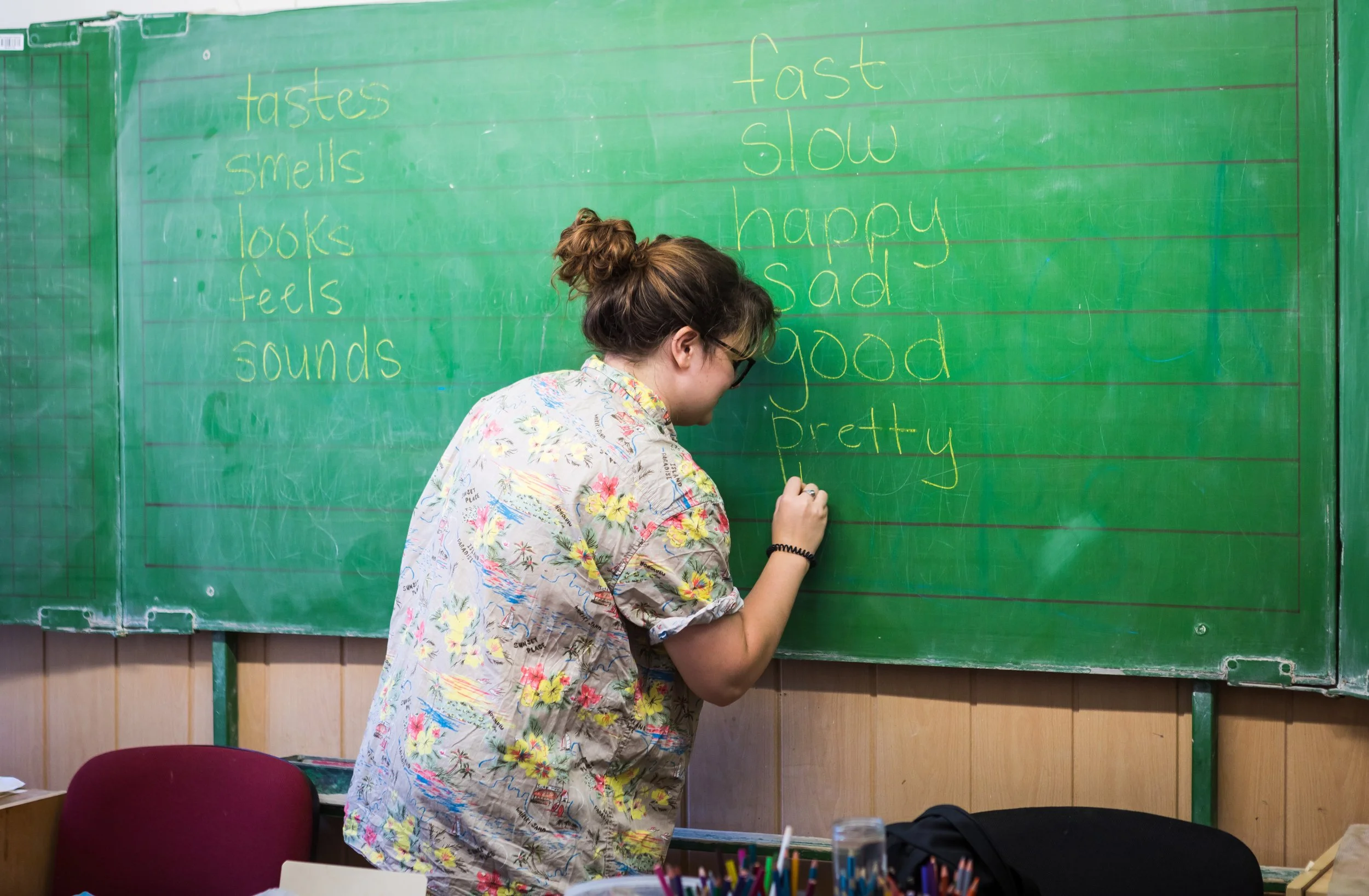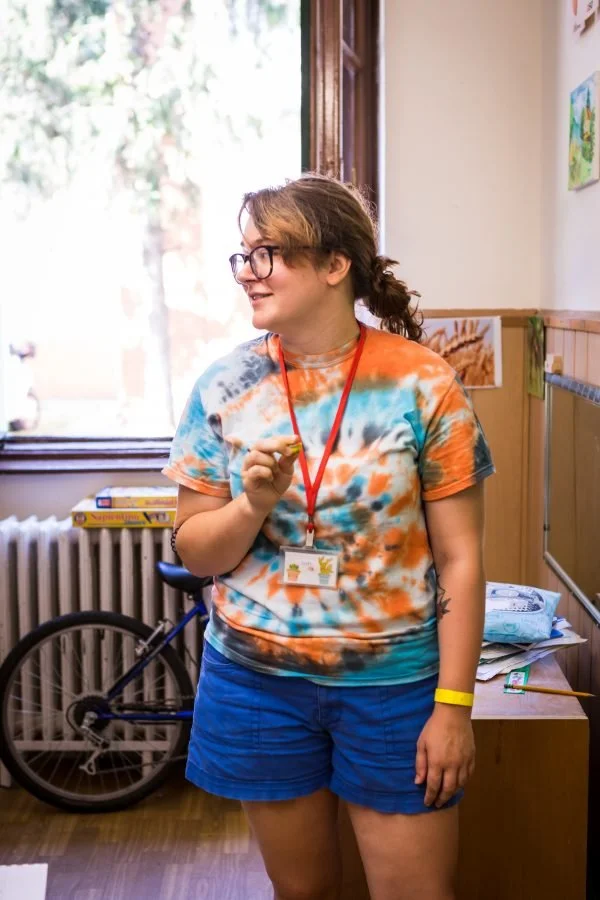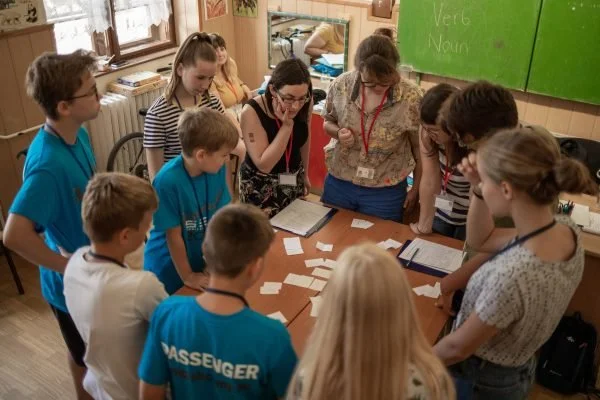Yes, I'm a Teacher
When people ask me what my job is, I usually reply with “I’m a teacher.” This is an easy answer compared to a complicated explanation of working with students at English clubs, writing curriculum, and planning for summers full of English camps. It is difficult to accept this self-proclaimed title since most of the time I do not feel like a teacher. Yes, I work with kids on a weekly basis. Yes, I wanted to be a university professor. Yes, I have worked with English for my whole professional career. But these things don’t make someone a teacher, right?
This summer, I put my teaching abilities to the test. The Hungary team led three camps and helped with one more camp. For those counting at home, that is a grand total of four camps. I taught English at each of these camps and prepared the curriculum beforehand.
Now that the summer is finished and the final camp has wrapped up, I can look back on this crazy season and see what I’ve learned through teaching.
It is okay if you’re very tired at the end of the day. Each camp was a little different, but the main thing that stayed the same was my role. At the first and last camp, I taught all English levels and, for the two in the middle, I taught the beginners. I felt like I was doing mental gymnastics all summer. My speech patterns and inflections change when I’m working with ESL students. I try to speak slowly in simple sentences. I do not use contractions, and I try to avoid idioms and slang. My teammates lovingly call this my “Teacher Voice.” All of this led to me being wiped out by the end of the day, but this was a sign that I was giving all I had to the kids.
You cannot rely on curriculum alone. Some days the lesson and the kids worked together perfectly. There was just enough time to go over all of the materials, play a game to practice, and do some review to reinforce what the kids had been learning. Other days, it was a borderline disaster. The curriculum was too easy or too difficult or the students did not like the game I prepared. So, I had days where I created something new on the fly. I would think of a game or have the students do more speaking or have them take a walk around outside for a mental break. Being flexible with what I created was difficult at first, but I’m glad to have practiced this necessary improvision.
Have your eyes open for growth. One would think it is easy to see when students learn something new or apply a new skill. Most of the time, growth is sneaky and can be missed if you are not paying attention. It is a huge success when a student understands more English, but there are lots of other areas I have learned to observe in students. This summer, I saw shy students make new friends at camp. I saw sad kids smile and blossom. I watched as children gained confidence through well-earned praise. I saw students who were rough and prickly melt as people loved them. I saw kids help each other. It was beautiful to witness.
I learned many other things this summer, but these things have stuck with me. After I put away all the English handouts and lesson plans, I feel like I can answer the question of my profession with more confidence.
Yes, some of my curriculum succeeded and some of it flopped. Yes, there were times when I had to create a game on the spot to use more time. Yes, there were days when I was so tired I wasn’t sure if I would make it through. Yes, there were days when I felt so good, the lessons flew by. Yes, I have seen kids grow, inside and outside the classroom. Yes, I love these kids with every fiber of my being. And these things make me a teacher.



